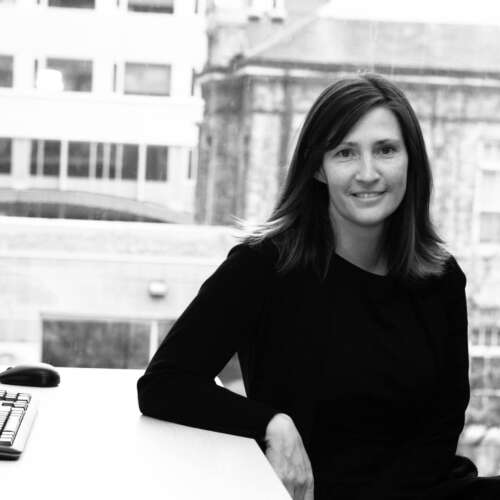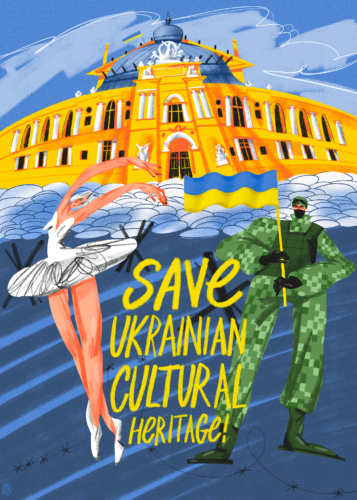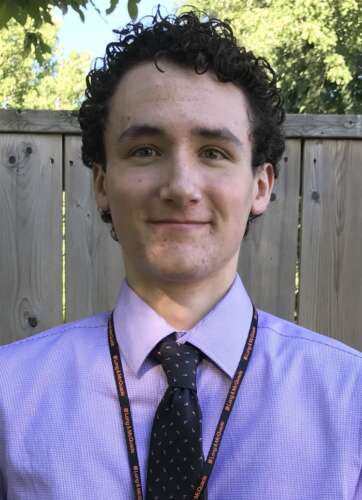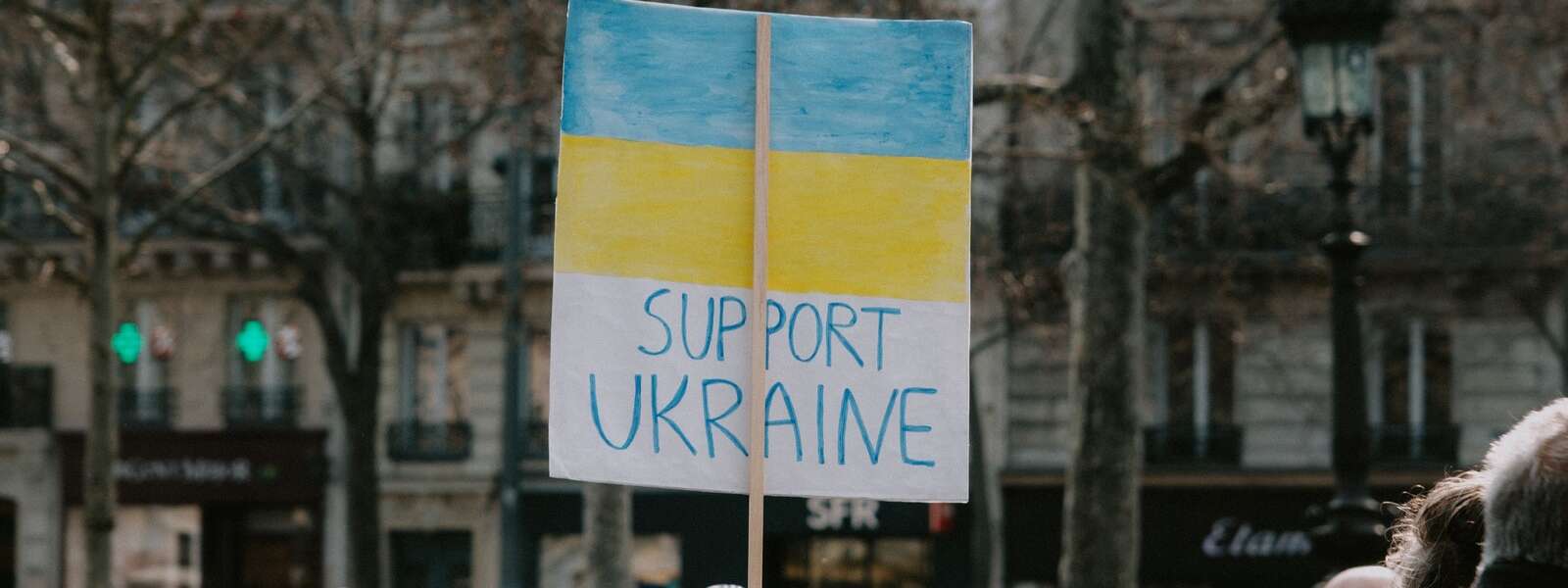
Two members of the University of Guelph community are collaborating on an international effort to preserve Ukraine’s digital history as the ongoing war leaves online infrastructure in a perilous state.
Saving Ukrainian Cultural Heritage Online, or SUCHO, as Dr. Kimberley Martin, a professor in U of G’s Department of History, calls it, is the work of more than 1,300 international volunteer academics recently featured in The Globe and Mail and CBC.
Volunteering their time and expertise, they are trawling websites hosted in Ukraine to preserve documents, images and other artifacts that exist online.
“The larger importance of this is thinking about the reality of putting everything in this digital sphere and assuming it will stay there,” said Martin, who has a PhD in library and information science and first learned of the project through the digital humanities community on Twitter.
An urgency to duplicate and store Ukraine’s digital history

As Russian forces continue their assault, infrastructure that powers DNS servers — a tool that is part of the process that enables websites to function — are crashing. When they go down, data goes with them, sometimes lost forever.
For example, Martin said, if a museum has been bombed, its server is likely housed there or nearby and may have been destroyed as well as the information on it.
“Good practice is that it doesn’t just exist in one place,” said Martin, who cannot confirm exactly if and where data is stored given the sheer volume of it. She noted, however, people in Ukraine began reaching out for help because some things had not been duplicated.
The information being catalogued ranges from historical documents archived in museums or with community organizations, to sheet music, books and academic journals, to artwork 3-D scans and even old letters.
Most of the work, Martin said, has been proactive, saving and cataloguing digital assets before they are lost. However, one volunteer said that while crawling through a Ukranian website, the site abruptly crashed.
“When a website crashes, it’s not just the front page,” she explained. “You have to crawl the entire thing so every link to every page is collected.”
A lot of what has been gathered hasn’t gone offline yet, Martin said, but some has been lost. The data collected by SUCHO will be used to rebuild collections. “We know now we have copies if we need it,” she said.
Russian invasion of Ukraine prompts important digital questions

For now, Martin is using SUCHO as an example in her own classroom, teaching students the importance of metadata (describing items on the web), and of thinking proactively about where information is stored online and for how long.
“This has been a really tangible way of engaging those conversations,” she said.
In the meantime, work continues as volunteers send website links to shared platforms the team works from. Third-year U of G computer science student Dawson MacPhee contributed his skills using a web-crawling tool for Ukrainian-hosted websites.
The tool creates a one-to-one copy of a website and saves it locally, MacPhee explained, so that if the host is destroyed, an exact copy of what the site looked like beforehand exists.
“It was an interesting experience to learn about this area of archiving,” MacPhee said. “Typically, you think of archiving as taking physical objects and putting them into digital form. What’s different is this is archiving digital materials.”
When a DNS server disappears, he explained, it’s like it never existed. Some of the sites crawled are no longer online; MacPhee noted that a project of this scale is not something ever really encountered before.
“The situation in Ukraine is definitely unique compared to previous conflicts because of the fact that we are in this digital age.”
Contact:
Dr. Kimberley Martin
kmarti20@uoguelph.ca
